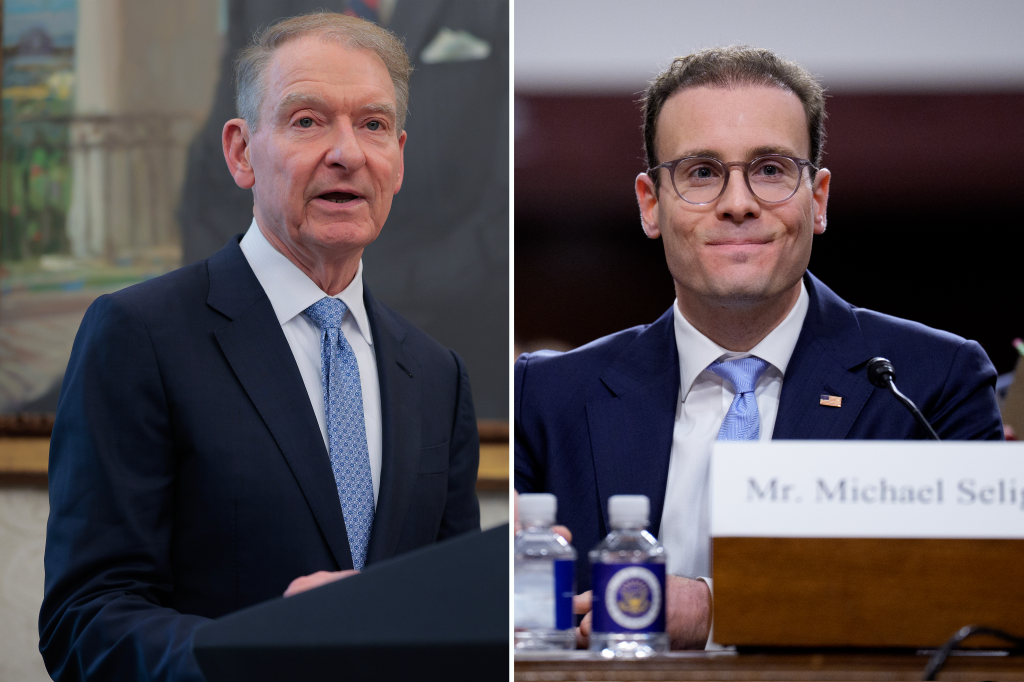In a recent video, SEC Chair Gary Gensler addressed the risks of conflicts of interest that AI can create in the financial services sector, especially in the cases of robo-advisers and other predictive data analytics (PDA) services that involve proffering recommendations to clients.
While AI has grown extremely adept at
Register for free to keep reading
To continue reading this article and unlock full access to GRIP, register now. You’ll enjoy free access to all content until our subscription service launches in early 2026.
- Unlimited access to industry insights
- Stay on top of key rules and regulatory changes with our Rules Navigator
- Ad-free experience with no distractions
- Regular podcasts from trusted external experts
- Fresh compliance and regulatory content every day













